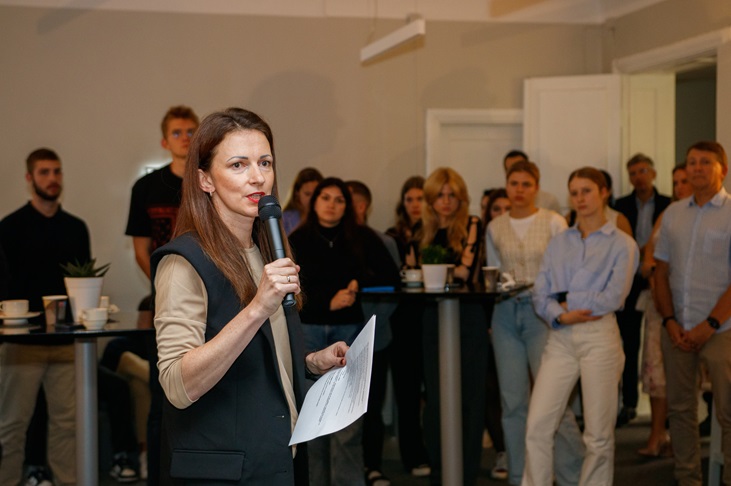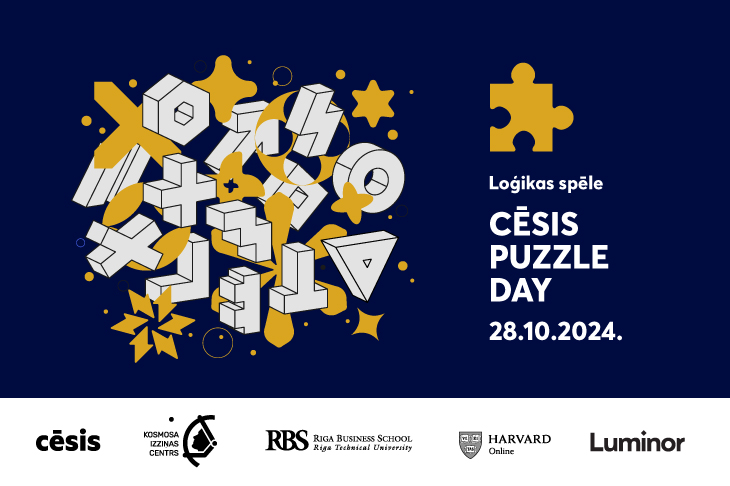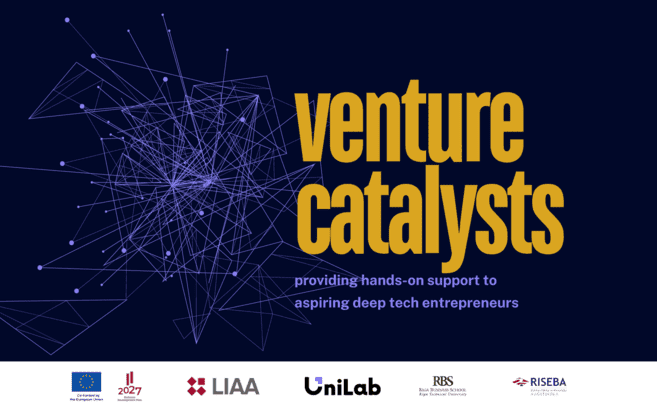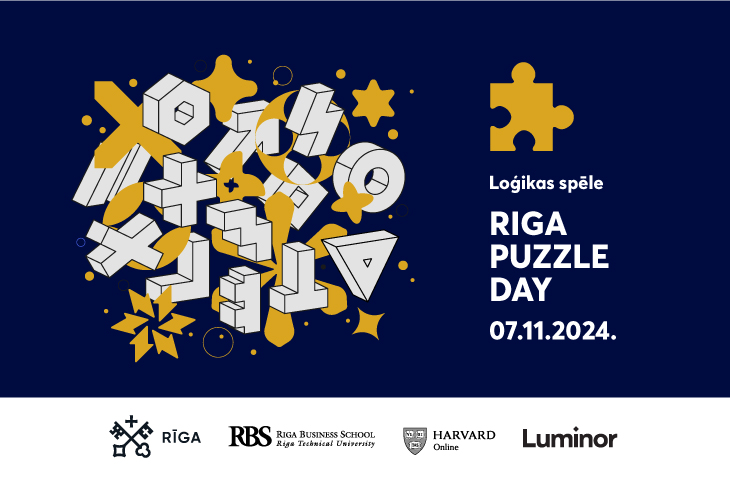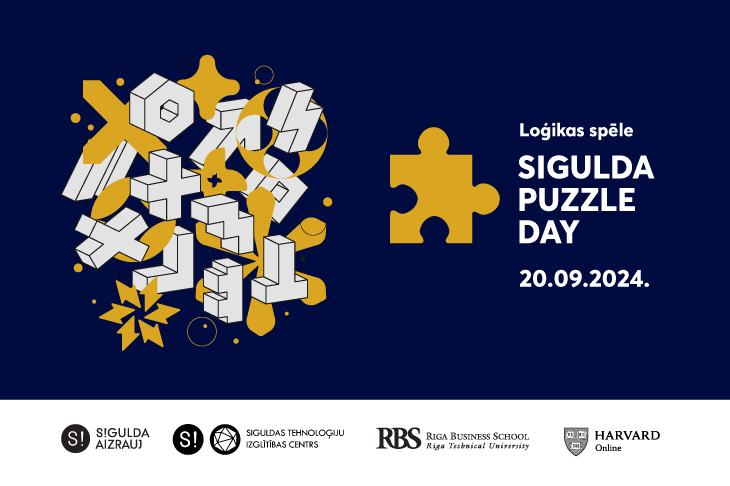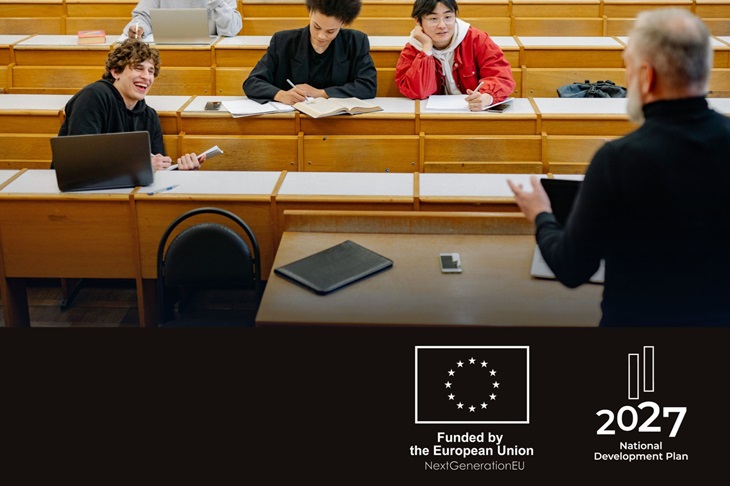A good friend of mine suggested that I write a summary of what I learned from what I heard and said at a working session at the Massachusetts Institute of Technology (MIT) in Boston. This session and program for leaders and participants of the Latvian education ecosystem was organized by the Education Innovation Lab, which operates under the umbrella of Riga Business School as a department of Riga Technical University with the aim of strengthening the value of the education ecosystem for economic transformation.
My three conclusions in brief:
– We need to create an environment for people to come together and find solutions to challenges,
– We need a generation that can assess whether a problem is really a problem,
– We need a change in thinking from predicting scenarios to preparing for scenarios.
An environment for people to come together
For people to come together, we need a co-creation infrastructure. Infrastructure should not only mean physical space but also formats. Colleagues who coordinate two higher education ecosystem programs at the Education Innovation Lab are working on a daily basis to provide a format where the education and innovation ecosystem can come together, seeking co-creation and growth in education and technology. The Education Innovation Lab team was a key contributor to the content of the program, enabling a balance between the educational and economic challenges facing Latvia and MIT’s experience in addressing some of these challenges. Developing a truly powerful ideation requires the presence of experts and leaders from different fields. The program team managed to do this by bringing together educational leaders from different universities, business representatives interested in scientific development, as well as government leaders.
The EU-funded collaboration between the Education Innovation Lab and the technology education citadel in Boston is about creating an environment to learn from the best and from each other at the same time. Seeing how the world’s most sought-after professors practice, how the best industry and academy funding models are developed, and how educational institutions and companies work closely together is critical for taking bolder steps here in Latvia.
A phrase that continues to resonate from MIT experts in relation to the development of artificial intelligence relates to the fact that artificial intelligence develops ideation, whereas previous information retrieval platforms have been built on search. So understandable: a breakthrough does not require that we all search to find the same information; a breakthrough requires ideation. And that can only come from coming together.
A generation to sift the problems
The culture of innovation in Latvia since independence has grown with the entry of multinational companies and the development of a global innovation ecosystem. Given the level of technological advances and research achievements of MIT, their experience and power in finding solutions to problems has moved us in the vector that we do not need solutions to all problems. We need to create generations that can assess problems, pick the important ones, and focus on solving them.
How can we ensure that the education system can help build these generations? This requires a strong focus on developing collaboration and critical thinking. Focusing only on one’s own domain knowledge is extremely important, but so is developing problem-solving and innovation skills, the ability to focus on what matters.
From scenario prediction to scenario preparation
Although this was not the first time I had been exposed to scenario planning in the four quadrants, this time, it was an opportunity to do it with less familiar people with less historical bias. Thanks to the MIT team for allowing the members of the education ecosystem to get away from the details, the daily challenges, and practice scenario planning. Scenario planning was the next step in building realistic scenarios from pre-defined higher education challenges such as declining student numbers, attracting international students through global competitiveness, technology skills, foreign investors’ expectations of a higher quality labor market, and further development of biomedicine. Scenario planning allows to assess the winners and losers, an excellent form for different arguments and evidence, for assessing the involvement of technical experts, and for identifying other stakeholders.
As I write, I am concluding that there is, however, one more insight. The great flagship of innovative education brings up another topic – what is success? Some insights that have been shared for our inspiration:
– Being successful is not about scale but about being able to create a solution that helps society,
– Being successful is about finding value for society and finding the right technology,
– Being successful means teaching start-ups to create value that matters to society,
– And in general, success is a self-defined state, not a state defined by society.
Agnese Strazda, Director of Programs, Marketing, Communication, and Student Experience at Riga Business School
